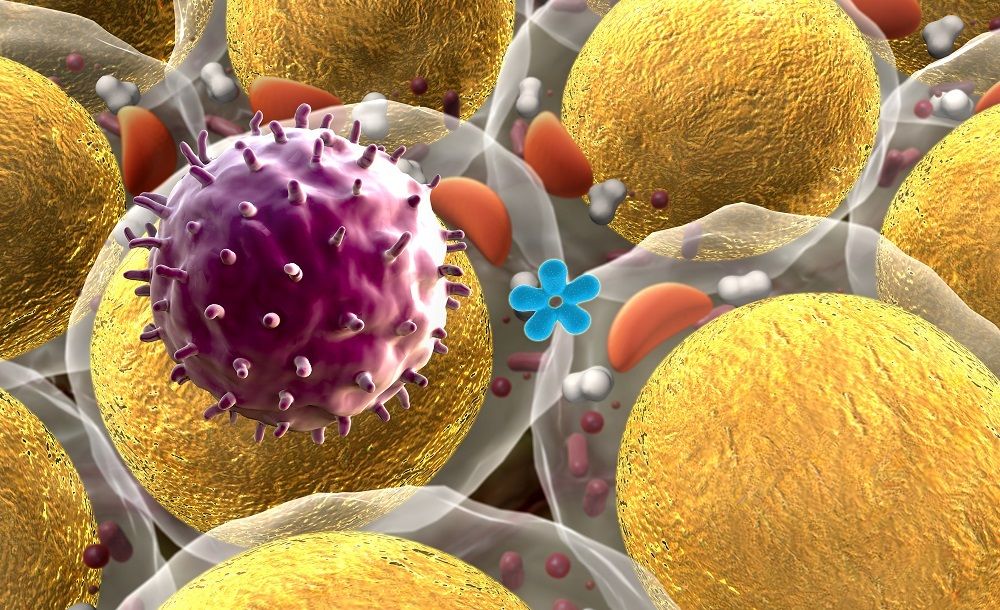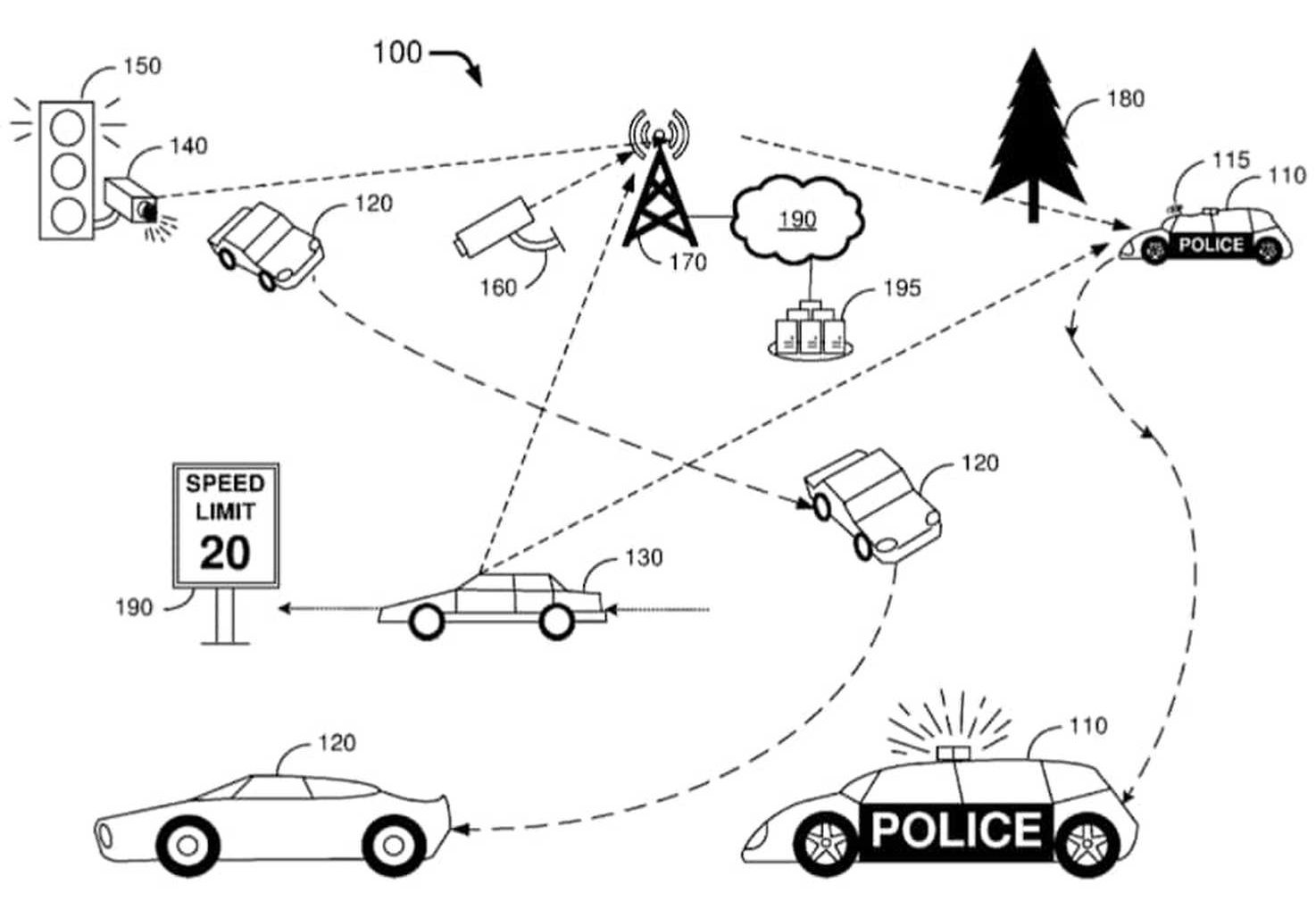Results of NR and pterostilbene clinical trial are promising.
A clinical trial of an NR and pterostilbene anti-aging supplement appeared to be safe over the short-term as it increased NAD levels in a sustained way. [This article first appeared on the website LongevityFacts.com. Author: Brady Hartman. ]
A clinical trial of NR and pterostilbene sustainably increased NAD levels and appeared to be safe over the short-term. Moreover, the study suggests that it increased the mobility of the aging test subjects.
Our NAD levels decline as we age, and as the theory goes, boosting NAD will also increase our energy and keep our bodies in better condition.









